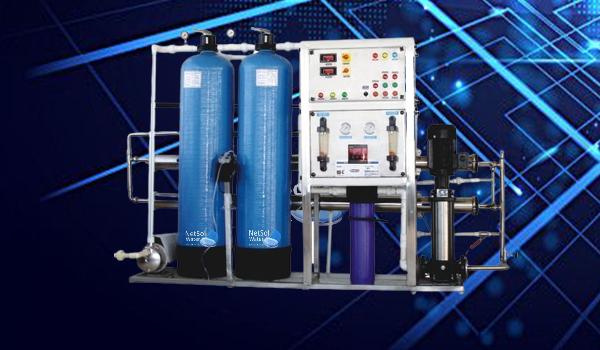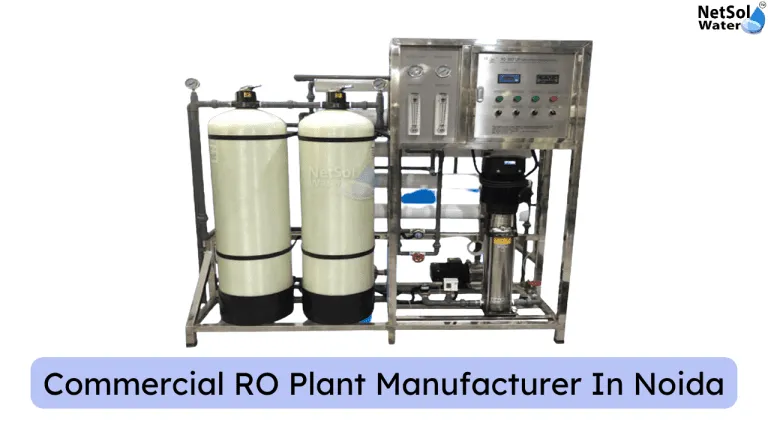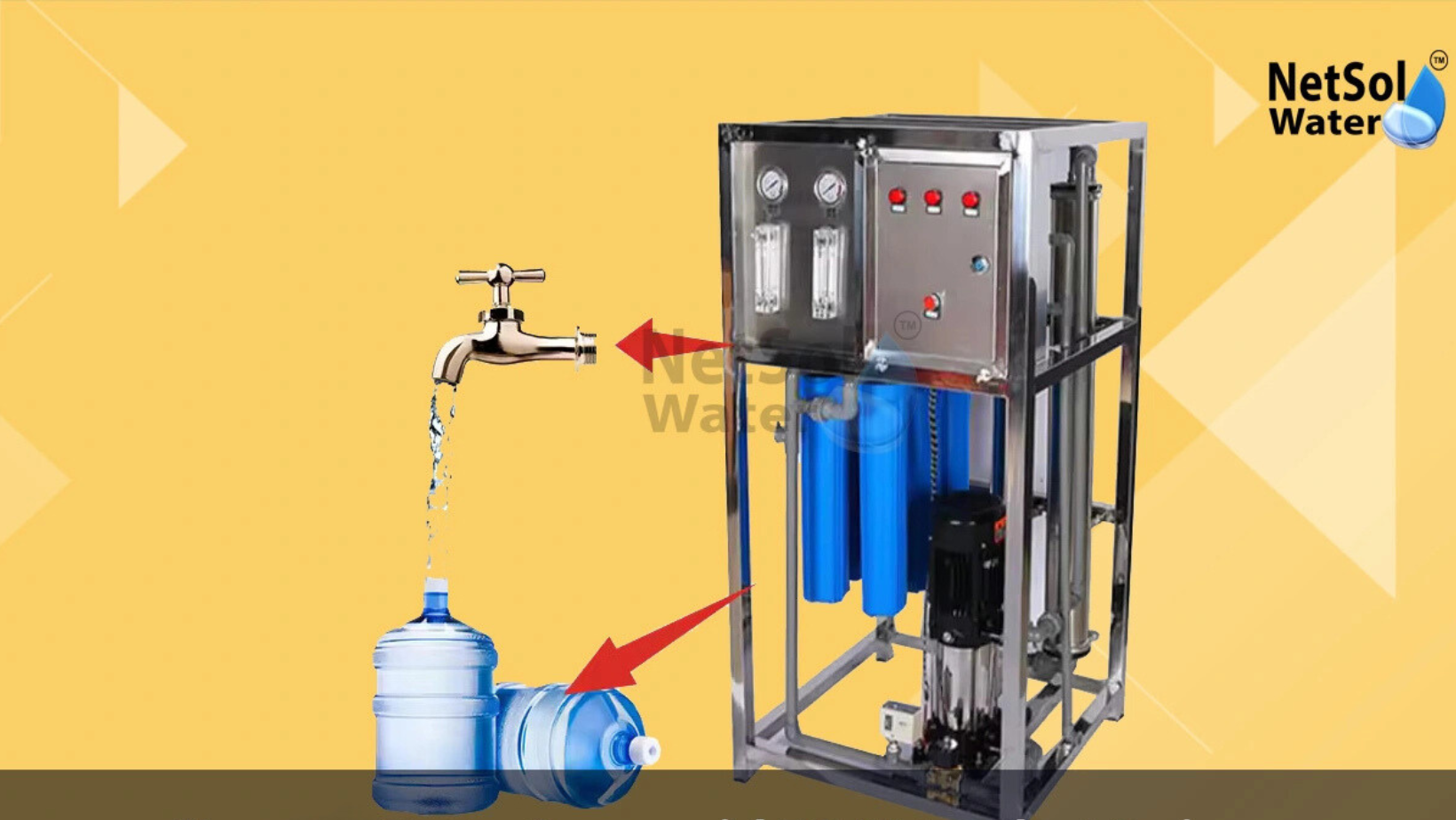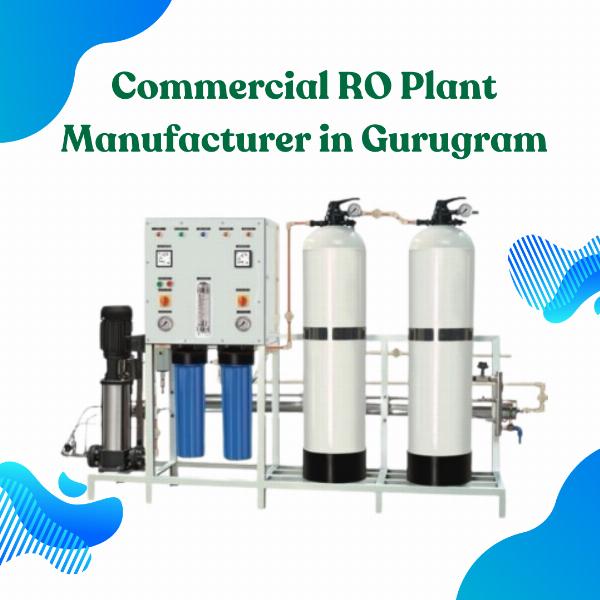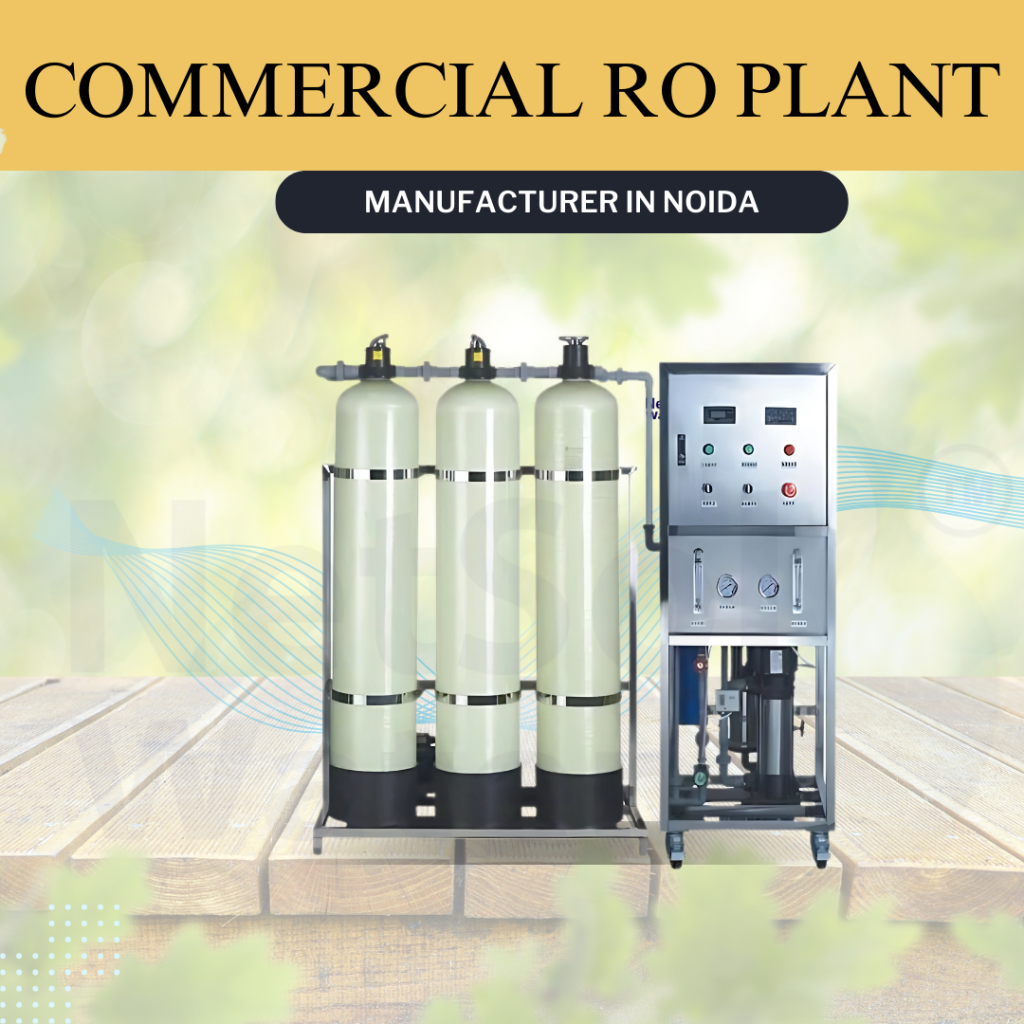 AI Blog Generation – Mass Content at Lightning Speed!
AI Blog Generation – Mass Content at Lightning Speed!
How to Launch a Profitable Commercial RO Water Plant Business
Written by Sandeep Singh » Updated on: June 17th, 2025

Are you planning to start commercial RO water plant business can be both rewarding and lucrative. With the increasing concerns over water quality and the scarcity of clean drinking water, the demand for purified RO water is steadily rising. Here’s a comprehensive guide to help you start a successful RO water plant business.
1. Market Research and Feasibility Analysis
Before launching your RO plant business, conduct thorough market research to assess the demand for purified water in your target area. Identify the main consumers of RO water, which could include residential areas, businesses, schools, hospitals, and industrial sites. Additionally, study the competition to understand pricing, marketing strategies, and service models. Assess the feasibility by calculating the costs of setup, equipment, maintenance, and required licensing. Understanding the market and having a detailed feasibility study will allow you to estimate potential returns and profitability.
2. Develop a Business Plan
A well-structured business plan is the foundation of any successful venture. Define your short- and long-term goals, target market, pricing model, and estimated expenses. Include detailed financial projections, from initial investments to expected revenue. Consider startup costs for plant setup, equipment, licensing, workforce, and marketing. A business plan is also essential for securing loans or attracting investors, as it demonstrates your understanding of the business.
3. Register Your Business and Obtain Required Licenses
To legally operate an RO water plant, you need to register your business and obtain the necessary permits. Consult with local authorities to understand regulatory requirements, such as health department certifications for water quality and environmental clearances. You may need a BIS (Bureau of Indian Standards) certification, ISI mark, and FSSAI license if you are in India, or similar certifications in other countries to ensure compliance with local water safety and quality standards.
4. Choose the Right Location
Selecting an appropriate location is crucial for the success of your RO water plant. The site should be easily accessible to ensure efficient distribution. It should also have an adequate supply of raw water that meets basic quality standards for purification. Additionally, ensure the location has enough space for equipment, storage, and workforce requirements. A strategic location can reduce transportation costs and improve logistics, contributing to overall profitability.
5. Purchase Equipment and Set Up the Plant
Invest in high-quality RO systems, filtration units, and storage tanks, as they are essential for consistent production. Choosing durable and efficient equipment will reduce long-term maintenance costs and ensure a reliable supply of purified water. Many businesses opt for automated systems to streamline operations, improve productivity, and reduce manual labor costs. Safety measures, such as water testing units and sanitation protocols, should be implemented to maintain product quality.
6. Hire and Train a Skilled Workforce
Hiring the right personnel is essential for smooth plant operations. Employ machine operators, quality inspectors, and maintenance staff who are skilled in water treatment processes. Staff training is crucial, as they should know how to operate equipment safely and maintain water quality standards. Quality control personnel should be trained in testing procedures to ensure the water meets regulatory standards consistently.
7. Branding and Marketing
Branding is key to differentiating your product in a competitive market. Develop a unique brand identity with a memorable name, logo, and packaging. Emphasize quality and safety in your marketing to attract consumers concerned about water quality. Use digital marketing, social media, and local advertising to increase brand awareness. Building partnerships with retail stores, offices, and other institutions can help secure bulk orders and grow your customer base.
8. Set Up a Distribution Network
An efficient distribution network is essential for timely delivery and customer satisfaction. Establish a delivery model that could include home delivery, retail partnerships, or vending machines in high-traffic areas. Consider investing in a fleet of vehicles for distribution or collaborating with local logistics providers to ensure smooth delivery. Reliable logistics and distribution are vital for expanding your reach and scaling up operations.
9. Implement Quality Control
Regular quality testing is critical in the water business. Conduct routine water tests to ensure that the product consistently meets health and safety standards. Maintaining high standards and responding promptly to customer feedback will help you establish a reputable brand. Quality assurance fosters customer trust and loyalty, which is crucial for profitability.
10. Plan for Expansion
Once your business is stable, look for expansion opportunities. Consider offering value-added services, such as water dispensers, maintenance services, or even bottled water in various sizes. Expanding to nearby regions can increase your market reach and revenue. By monitoring business performance and market trends, you can identify areas for growth and continue scaling your operations.
Conclusion
Starting a profitable commercial RO water plant business involves thorough planning, quality control, and efficient operations. By focusing on market needs, securing the right permits, investing in quality equipment, and developing strong branding and distribution strategies, you can build a successful business in a high-demand sector. With consistent effort and a commitment to quality, a commercial RO water plant can offer substantial returns while meeting a critical need in the community.
Note: IndiBlogHub features both user-submitted and editorial content. We do not verify third-party contributions. Read our Disclaimer and Privacy Policyfor details.
Copyright © 2019-2025 IndiBlogHub.com. All rights reserved. Hosted on DigitalOcean for fast, reliable performance.



